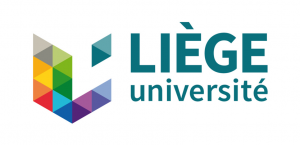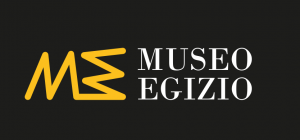ABOUT THE PROJECT
The ‘Crossing Boundaries’ project proposes a contextualized, interdisciplinary approach to the written material produced by the highly literate ancient Egyptian community of Deir el-Medina. The community comprised the workers who constructed the royal tombs in the Valley of the Kings during the New Kingdom period (c. 1350–1000 BCE), along with their families. The objective of the project is to improve our understanding of the complex scribal practices that shaped the texts created by this community.
From 2019 to 2023, the ‘Crossing Boundaries’ project was a Lead Agency Project between the Universities of Basel and Liège and the Museo Egizio Turin. It was funded by the Swiss SNSF and Belgian FNRS, and supported financially by the Museo Egizio. In this phase of the project, we have conducted a detailed analysis of a specific category of documents from Deir el-Medina, namely the so-called ‘heterogeneous’ papyri. These papyri contain texts belonging to a variety of genres, including accounts, poems, letters, and hymns, which were written over an extended period. The project was based on the Ramesside papyrological material in the Museo Egizio (Turin), with the following objectives: (a) to document the hieratic papyri from Deir el-Medina in the Turin collection; (b) to digitally reconstruct the original documents; (c) to study the variety of textual genres attested on each papyrus, assess the number of hands behind these texts, and ultimately draw generalizations about the history of these documents.
From a methodological point of view, we cross the boundaries between disciplines as diverse as archaeology, papyrology, palaeography, prosopography, and textual scholarship. By leveraging digital technologies, we facilitate the integration of traditional philology, material culture, digital humanities, and cultural heritage. As of September 2024, the project is now entering a new phase, which will address the issue of scribal variability and cross the boundaries between different scripts (hieratic and hieroglyphs), written registers, and media. The second phase of the project is being managed by Kathrin Gabler (University of Mainz) and Stéphane Polis (FNRS / University of Liège).
PARTNERS





PARTNERS







